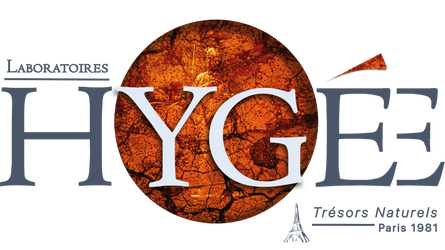Shop Now
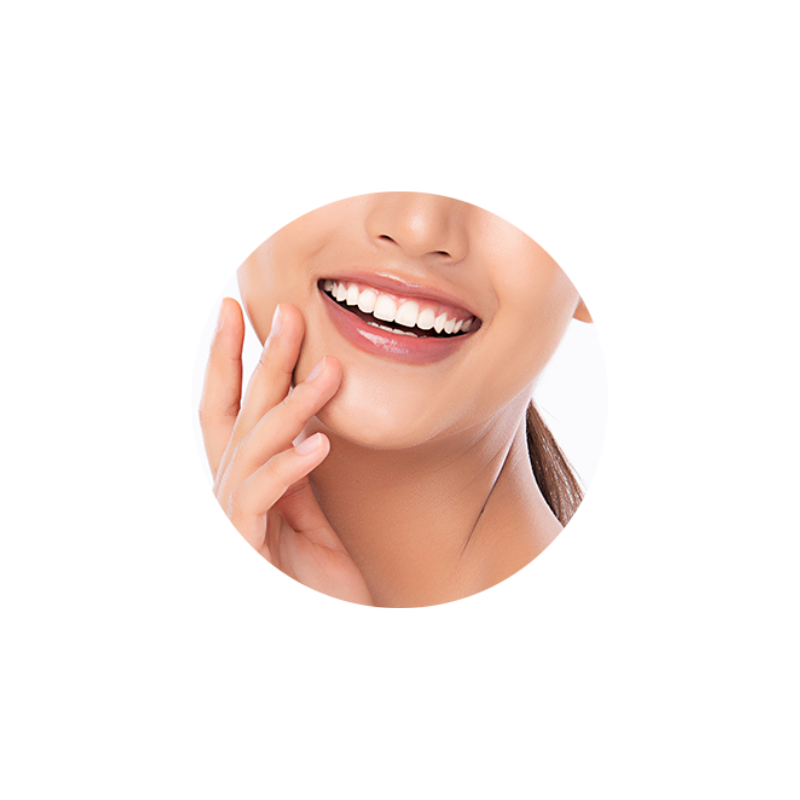
What is Collagen
Collagen is the most abundant protein in the human body and is the main structural protein that ensures the cohesion, elasticity, and regeneration of all our connective tissues, including joints, tendons, ligaments, cartilage, skin, and other organ structures and tissues. It helps maintain the shape and function of the skin, joint cartilage, tendons, and bones. As we age, collagen loss begins around the age of 25, with production decreasing by about 1.5% each year. This process becomes more pronounced around the age of 45, and by the age of 60, collagen production has declined by over 35%. Additionally, external environmental factors (pollution, tobacco, alcohol, food, etc.), as well as factors like physical exercise, stress, or being overweight, can lead to collagen tissue loss. Therefore, it is necessary to supplement collagen daily to maintain flexibility and health.
Collagen is found only in human and animal tissues, providing the body with cohesion, resistance, and flexibility. It consists of long, complex molecules that form large, resistant, and insoluble fibers, which the human digestive system cannot break down, meaning our bodies cannot digest or absorb collagen. Hydrolyzed collagen is a soluble food ingredient, mostly derived from cows, pigs, and fish. It is obtained from raw materials such as skin, bones, joints, scales, or fins, and is then processed using advanced hydrolysis technology to break down the large collagen molecules. Smaller molecules of hydrolyzed collagen are easier for the body to absorb.

Body Collagen Distribution
Collagen makes up 30% of the total protein content in the human body and is present in joints, bones, ligaments, tendons, teeth, gums, muscles, skin, blood vessels, the cornea of the eyes, and hair.
Why Do We Need Collagen?
Collagen is a protein that provides structure to most connective tissues in the body, including joints, bones, skin, tendons, and ligaments!

Water-soluble molecules (hydrolyzed) are the easiest for the body to digest and absorb.

They help maintain the health of joints, bones, and muscles.

They assist in protecting cells from oxidation, preserving the skin's natural beauty.
Benefits of Collagen

Beauty and Skin Benefits
As we age, the body's production of collagen decreases, leading to dry skin and the formation of wrinkles. Supplementing with sufficient collagen can help the skin retain moisture, maintain elasticity, reduce wrinkles, and diminish fine lines. It also helps to tighten and smooth the skin.

Protecting and Supporting Joints
Collagen helps maintain the integrity of cartilage, being a primary component of it. This reduces friction between cartilage, allowing for smooth joint movement.

Strengthening Bones
One-third of bones is primarily composed of collagen, which provides structure and helps maintain strength. As collagen in the body deteriorates with age, bone density also declines.

Strengthening Muscles and Tendons
Eighty percent of tendons is made up of collagen, and 1-10% of muscle tissue consists of collagen. Ligaments, which connect bones and tendons, also contain collagen. This protein is essential for keeping muscles strong and functioning properly.

Promoting Heart Health
Collagen provides a sturdy and healthy structure for arteries, which transport blood from the heart to other parts of the body. Without enough collagen, arteries may become weak and fragile.
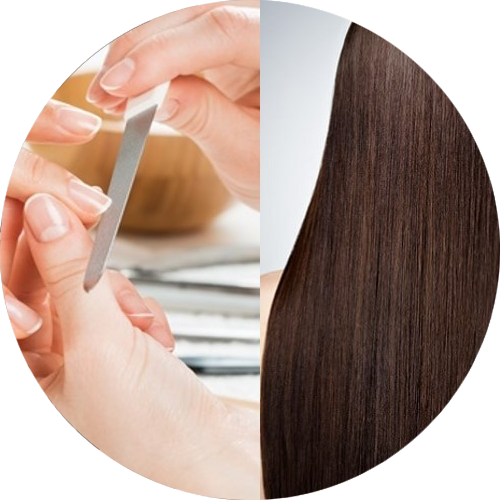
Benefits for Hair and Nails
Taking collagen can increase nail toughness and prevent brittleness. Additionally, it stimulates better growth for hair and nails.

Enhancing the Body's Immune Function
Collagen is rich in amino acids such as glycine, proline, and hydroxyproline, which are essential for the body. It is the most important component of the extracellular matrix. Immune proteins bind with collagen, enhancing the body's immune function and boosting immunity.

Protecting Teeth and Maintaining Oral Health
Collagen constitutes a significant portion of dentin, which makes up 18% of teeth, as well as the tissues that form gums and tooth roots. Increasing collagen can effectively prevent gum disease and other oral health issues.

Protecting Cells and Antioxidant Effects
Collagen's antioxidant peptides help regenerate reactive oxygen species and free radicals in the body, maintaining the redox balance within cells. This can delay or inhibit lipid peroxidation, preventing oxidative stress-related diseases such as cancer and asthma.

How to Slow Down Collagen Loss
Scientific research shows that supplementing with 10 grams of hydrolyzed collagen daily can effectively reduce collagen loss and maintain the integrity, elasticity, and strength of bodily tissues and structures. This helps preserve the shape and function of skin, joint cartilage, tendons, and bones, contributing to overall health.
What Changes Occur with Collagen Deficiency?

Leads to osteoarthritis and pain, bone demineralization (bone loss and osteoporosis)

Joint discomfort and reduced mobility

Skin aging, lack of elasticity, wrinkles, dullness, and signs of aging
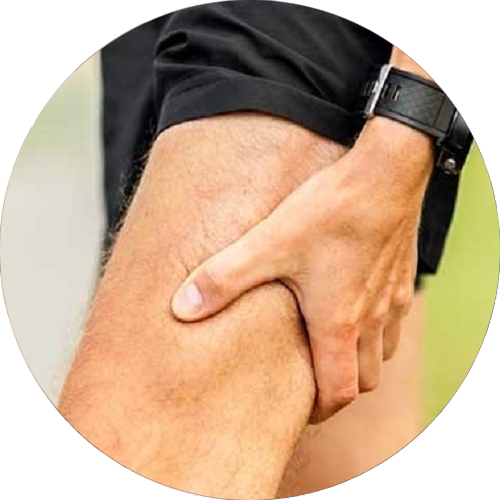
Decreased muscle strength, affecting overall mobility
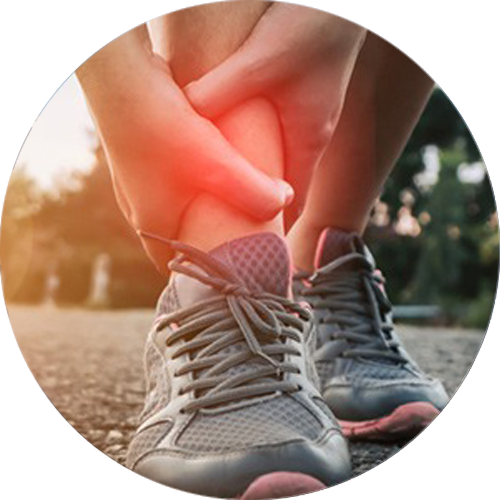
Increased tendency for injuries and health imbalances
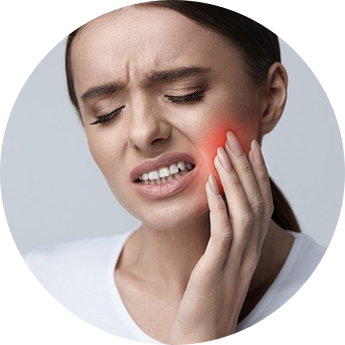
Oral issues
Oral problems such as gingivitis and other dental diseases, as well as weak and dull hair and nails
